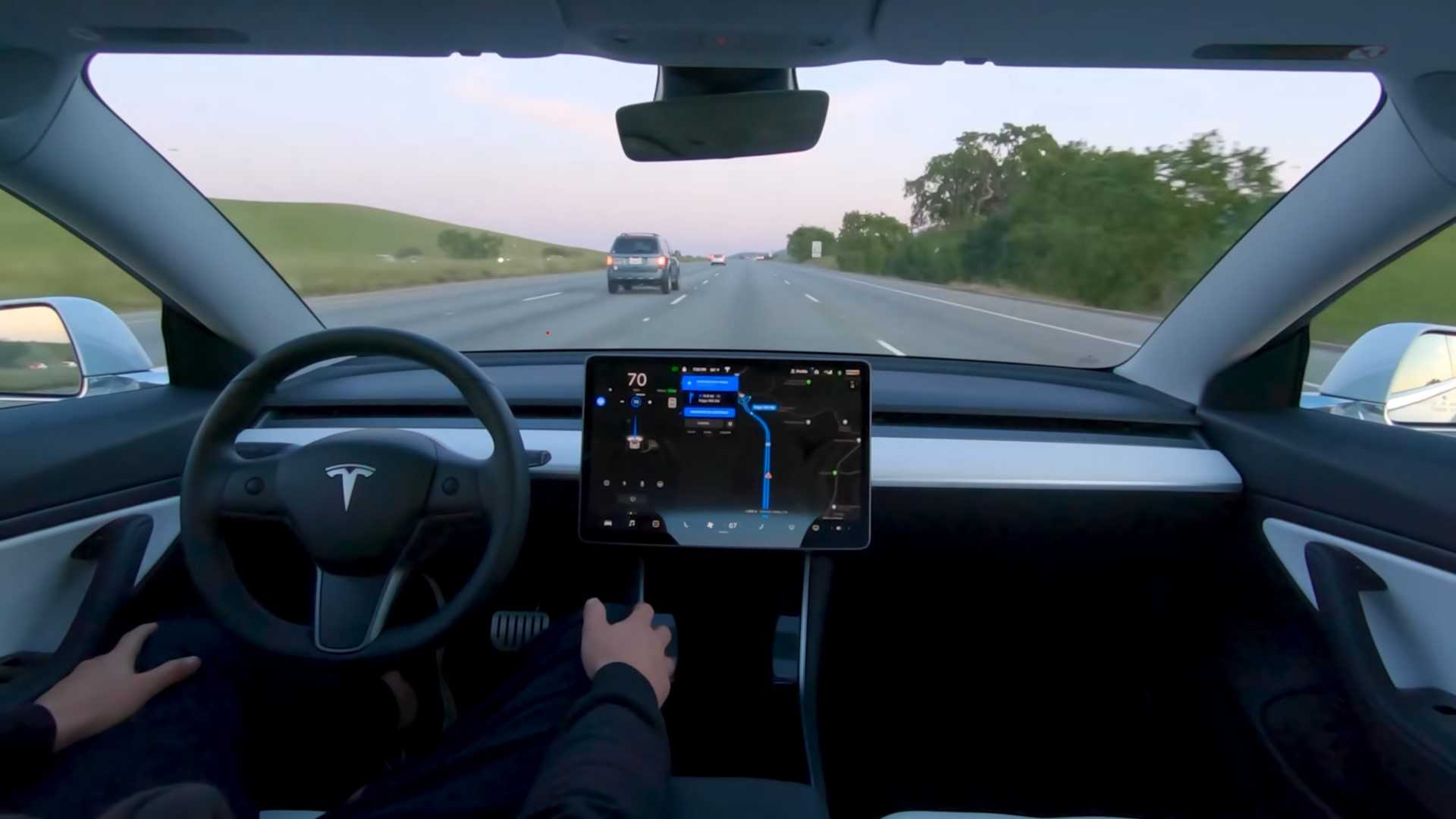
Tesla didn’t agree with the official analysis, but it will issue a software update to remedy the problems.
Tesla is recalling 362,758 cars made between 2016 and 2023 because its Full-Self Driving (FSD) Beta driver assistance system may cause crashes, the National Highway Traffic Safety Administration (NHTSA) said in a notice sent to the American EV maker yesterday.
According to the federal auto safety agency, Tesla will issue an over-the-air (OTA) software update to all the affected vehicles, but it’s unclear what changes will be made, with the NHTSA adding that the carmaker is unaware of any deaths or injuries caused by the flaws.
In the official notice, some well-known shortcomings of Tesla’s FSD Beta system are described as being the cause for this recall/update:
“The FSD Beta system may allow the vehicle to act unsafe around intersections, such as traveling straight through an intersection while in a turn-only lane, entering a stop sign-controlled intersection without coming to a complete stop, or proceeding into an intersection during a steady yellow traffic signal without due caution. In addition, the system may respond insufficiently to changes in posted speed limits or not adequately account for the driver's adjustment of the vehicle's speed to exceed posted speed limits.”
As a consequence of these types of behavior, NHTSA concluded that “FSD Beta software that allows a vehicle to exceed speed limits or travel through intersections in an unlawful or unpredictable manner increases the risk of a crash.”
Additionally, according to the Safety Recall Report published on the agency’s website, the following issues are said to potentially infringe upon local traffic laws, “in certain rare circumstances and within the operating limitations of FSD Beta:”
- traveling or turning through certain intersections during a stale yellow traffic light;
- the perceived duration of the vehicle’s static position at certain intersections with a stop sign, particularly when the intersection is clear of any other road users;
- adjusting vehicle speed while traveling through certain variable speed zones, based on detected speed limit signage and/or the vehicle's speed offset setting that is adjusted by the driver;
- negotiating a lane change out of certain turn-only lanes to continue traveling straight.
Gallery: 2022 Tesla Model 3







The list of affected vehicles includes the Tesla Model 3 made between 2017-2023, the Model S made between 2016-2023, the 2016-2023 Model X, and the Model Y from 2020-2023. In other words, every single Tesla in the United States that has FSD Beta active. The owners will be notified via letters that are expected to be mailed by April 15, 2023, and the OTA software update will be free of charge.
With all this being said, it’s worth mentioning that Tesla did not agree with the regulators’ analysis but decided to do the voluntary recall “out of an abundance of caution.”
It will be interesting to see what changes will be made to Tesla’s FSD Beta software to remedy the issues brought up by NHTSA and whether or not these changes will make their way into the upcoming Hardware 4.0-equipped vehicles, which will reportedly feature a four-dimensional radar and a total of 11 cameras, compared to the current models which lack a radar device and ultrasonic sensors.
As previously reported, Tesla’s new Autopilot computer, also known as HW4 or FSD2, will be impossible to retrofit onto older models, meaning that the owners of these vehicles will be stuck on the older-generation Hardware 3.0 computer that, as of now, isn’t an SAE Level 3 driver assistance system.







